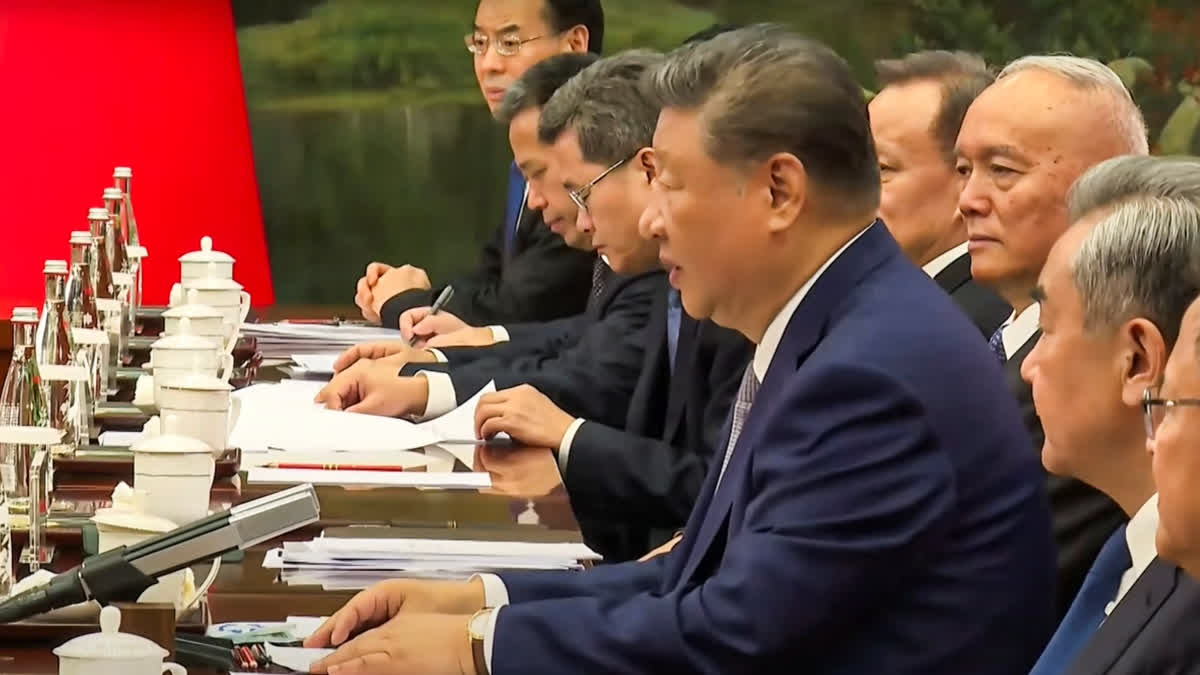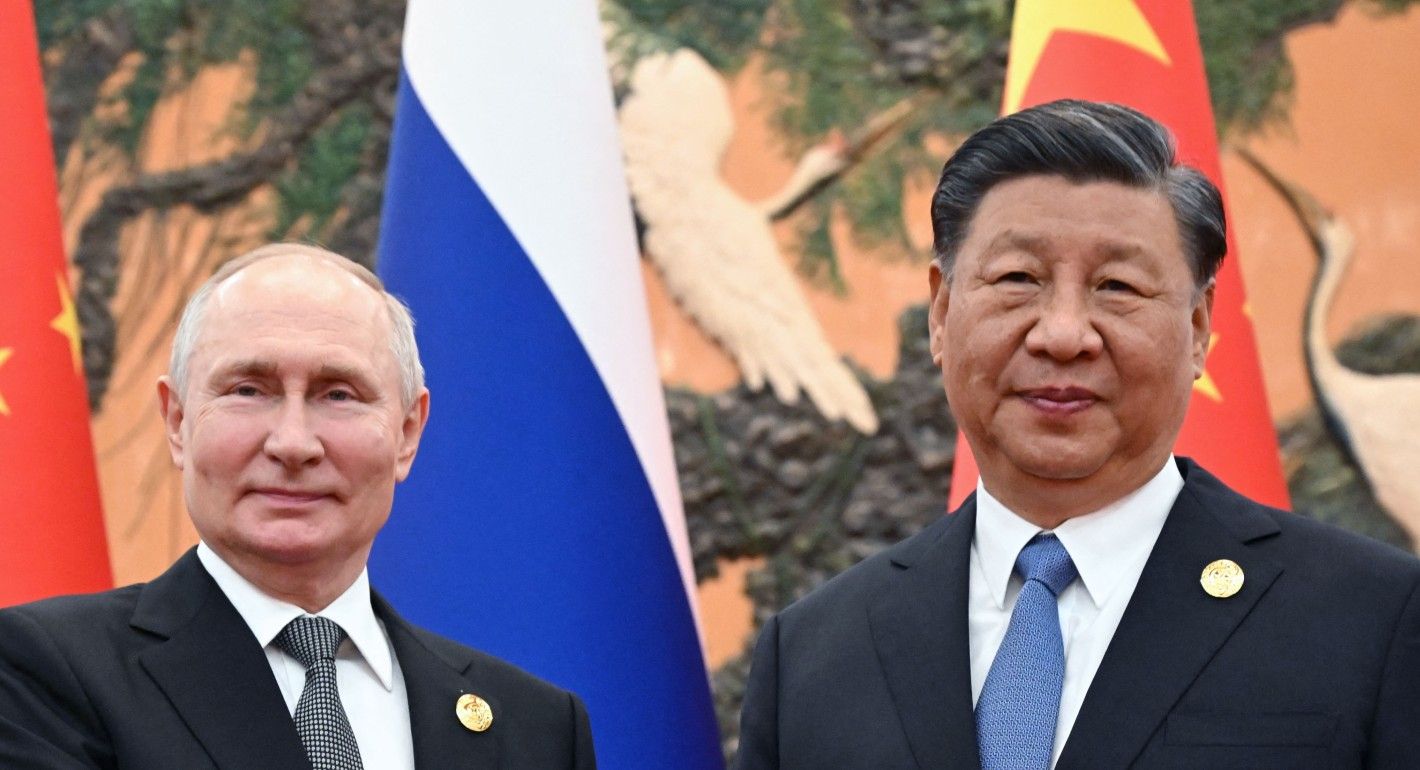Global tensions have intensified in recent years, with major geopolitical power struggles, economic uncertainty, emerging alliances, and technological competition reshaping the international system. The United States, China, Russia, and the European Union are exerting varying forms of influence, from economic sanctions to military strategies. Issues such as the war in Ukraine, US-China trade rivalries, the climate crisis, and shifting energy markets present unique challenges and opportunities for Latin America. Regional governments, businesses, and civil societies have responded by recalibrating foreign policies, seeking economic diversification, and rethinking security strategies.
Reactions of Diplomacy in Latin America
Historically, Latin America has maintained a tradition of diplomatic autonomy, illustrated by the “principle of non-intervention” embedded in the policies of several countries. In practice, this has translated into multifaceted responses to global tensions.
Active Multilateralism: Numerous countries across Latin America utilize international forums, such as the United Nations, the Organization of American States (OAS), and the Community of Latin American and Caribbean States (CELAC), to advocate for joint solutions. For example, during the Ukraine conflict, responses varied: Brazil and Mexico opted for a neutral approach, urging for truce and diplomacy in UN General Assembly resolutions, while nations like Costa Rica and Colombia strongly criticized Russia’s actions, stressing the importance of international law. These differing perspectives illustrate the region’s diversity but also show a preference for peaceful negotiations and dialogue.
Pragmatismo Estratégico: Al enfrentar presiones de los bloques occidentales y orientales, los líderes políticos de América Latina a menudo optan por enfoques pragmáticos. Brasil, bajo la presidencia de Luiz Inácio Lula da Silva, ejemplifica esto con una política exterior de doble vía: fortaleciendo sus lazos tradicionales con Estados Unidos y Europa mientras revitaliza la asociación BRICS y busca nuevos acuerdos comerciales con China e India. México, a pesar de ser un centro de fabricación fuertemente vinculado al bloque económico USMCA, también busca una mayor implicación con Asia y Europa para evitar una dependencia excesiva de un solo socio.
Economic Realignment and Diversification
Global tensions have revealed vulnerabilities tied to reliance on specific markets and export commodities. Latin America, a region defined by its agricultural, energy, and mineral wealth, has responded with strategies of economic diversification and selective alignment.
Adjustment of Supply Chains: The interruptions in global supply chains caused by the COVID-19 outbreak and made worse by international tensions have prompted several countries in Latin America to establish themselves as alternative providers of essential minerals, agricultural goods, and industrial services. For instance, Chile and Argentina, as leading manufacturers of lithium (vital for batteries in electric vehicles), are seeking fresh investment agreements with China, Canada, and the European Union. Additionally, they are working on agreements that benefit technology transfers and the addition of local value, with the goal of advancing past basic raw material exports.
Trade Bloc Dynamics: Economic blocs like Mercosur and the Pacific Alliance have sought to strengthen intra-regional ties and negotiate new trade agreements. Mercosur has accelerated talks with the European Union, while members of the Pacific Alliance (Mexico, Chile, Peru, Colombia) are pursuing agreements with countries in the Asia-Pacific, such as Japan, South Korea, and Singapore. These moves reflect a desire to buffer the effects of US-China economic competition and to gain negotiating leverage in an uncertain global market.
Technology and Safety Aspects
La inseguridad global resultante del crimen organizado, los conflictos tecnológicos y las amenazas cibernéticas exige estrategias adaptativas e integradas por parte de los gobiernos latinoamericanos.
Regional Security Networks: The proliferation of transnational criminal organizations—many with links to global illicit networks—has led to enhanced security cooperation. Intelligence-sharing initiatives, such as the Lima Group (focused originally on Venezuela’s crisis), have expanded to address drug trafficking, arms trading, and money laundering. Countries like Colombia and Brazil have deepened partnerships with US and European agencies, while some engage in new cybersecurity exchanges with Asian states.
Technology Partnerships and Rivalries: The competition between Western and Chinese technology giants (notably in 5G infrastructure and surveillance technology) presents both opportunities and challenges for Latin America. Brazil’s cautious stance on selecting its 5G providers reflected concerns about data privacy, security, and long-term technological dependence. Simultaneously, cities in Ecuador and Bolivia have implemented Chinese-built surveillance systems, balancing cost with concerns over digital sovereignty. These cases underscore the delicate calculus involved in navigating global tech rivalries.
Societal and Environmental Implications
Latin American communities encounter direct impacts of global stress, especially in relation to migration trends, food and energy stability, and environmental issues.
Migration Flows: Geopolitical crises, such as the collapse of the Venezuelan economy and policy shifts in Cuba and Nicaragua, have interacted with global trends, producing accelerated migration flows across the continent. Countries like Colombia and Peru have responded with a mix of humanitarian aid and stricter border controls, all while appealing for coordinated international responses.
Environmental Diplomacy: Latin America holds vast biodiversity and plays a crucial role in worldwide climate discussions, especially in managing the Amazon rainforest. The international emphasis on shifting energy paradigms has increased the importance—Brazil, Colombia, and Chile are advocating for sustainable investment and stricter deforestation regulations, aware of the demands from both the US and China for access to critical resources. The region’s capacity to balance its economic interests with ecological duties will determine its future standing and stability.
Important Examples: Brazil, Mexico, and Chile
Exploring specific countries demonstrates the variety within Latin America’s responses to global challenges:
Brazil: As the region’s economic powerhouse, Brazil’s foreign policy oscillates between autonomy and engagement. It continues to prioritize its relationship with China (its top trading partner), maintain historic ties with the US, and amplify its voice in BRICS summits. Under President Lula, Brazil has championed South-South cooperation, green energy transitions, and mediation initiatives in Ukraine.
Mexico: Due to its location close to the United States and involvement in supply chains across North America, Mexico has capitalized on nearshoring opportunities, drawing in overseas investments influenced by trade conflicts between the US and China. Although it publicly supports certain US viewpoints, Mexico also maintains its policy of non-interference and expands its connections with the European Union and the Asia-Pacific region.
Chile: With a tradition of open markets and democratic governance, Chile has deepened partnerships with diverse regions—particularly through bilateral trade agreements and renewable energy investments. As a leader in lithium production, Chile is uniquely positioned to leverage global demand for clean technology, using targeted policy reforms to extract value and maintain autonomy.
The Pathway Forward: Resilience Amid Volatility
Latin America’s responses to global tensions reflect a complex mosaic of diplomatic calculi, economic realignment, and pragmatic engagement. The region leverages its resource endowments, demographic dynamism, and geographic position to seek greater autonomy and prosperity. By strengthening regional integration, diversifying international partnerships, and prioritizing sustainable development, Latin America is forging context-specific strategies to navigate an unsettled global order. The diverse pathways pursued by its nations underscore both the opportunities and constraints inherent in the current international moment, highlighting the region’s capacity for adaptation, dialogue, and innovation in an era of persistent uncertainty.






